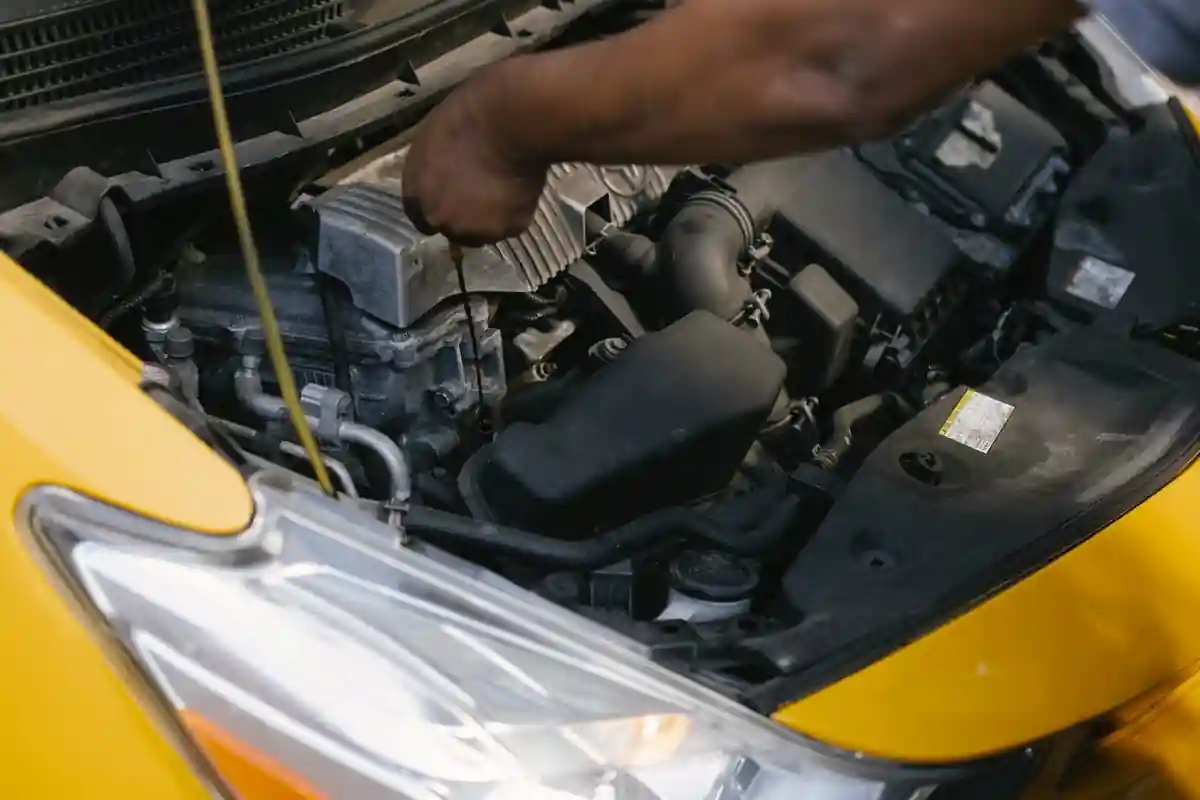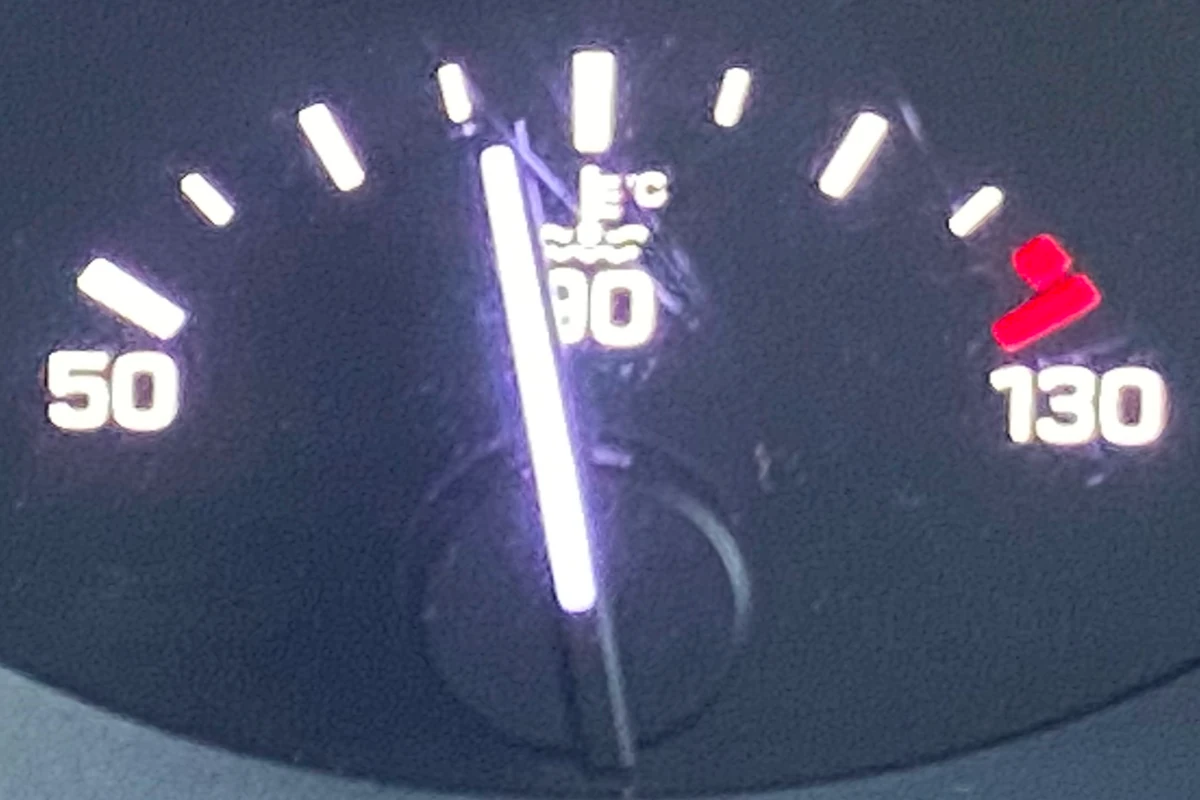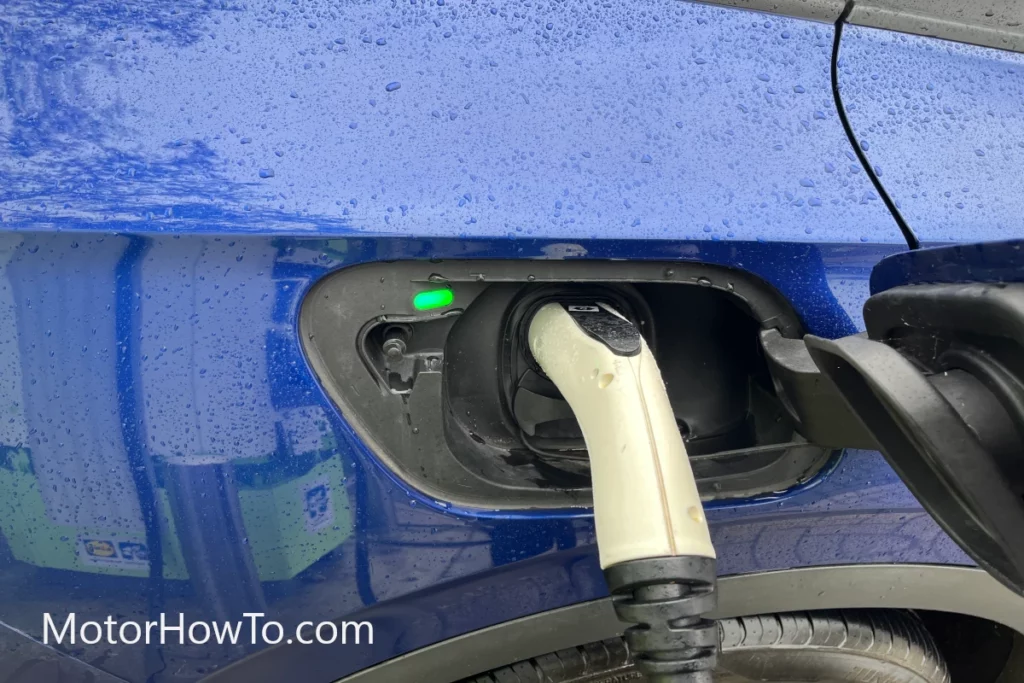One of the things you have to be careful about in your car is its engine’s temperature level.
That’s because an overheated engine can end up getting damaged to the point that you may end up having to go through expensive repairs.
That is why we have a temperature gauge that allows us to check the engine’s temperature level. However, how do you tell if the car is overheating when the gauge is not working properly?
Car overheating and temp gauge broken
If there are symptoms such as smoke, an odd smell, noises coming from the engine, or problems with the acceleration, then that could mean that the car is overheating. These symptoms are easy to spot during the times when you can’t rely on your temperature gauge to know if your engine is getting too hot.

When it comes to your engine, it is always one of the most important things to know that you shouldn’t keep your engine running too hot because this can very well damage the entire car.
And while the temperature gauge should be the best tool to use, there might be instances when you can’t rely on it.
That is when you should rely on the tell-tale signs that would indicate an overheating engine.
Related:
- Why My Car Temperature Gauge Drops While Driving? (Solved!)
- What Causes A Car’s Temperature Gauge To Rise? (Troubleshooting & Fix)
- Should My Temperature Gauge Be In The Middle? (Must Read)
How can you tell if your temperature gauge is bad?

It is one of the most basic things for every driver to know that it is never a good idea to allow your engine to run too hot because this can very well damage the engine, which is the car’s entire lifeblood.
As such, that is when you should learn how to rely on your temperature gauge when you are driving as you don’t want your engine to end up too hot and suddenly die out on you while you are driving.
However, there are some instances where the temperature gauge might not be the most reliable tool to use when you are determining whether or not your car is getting too hot.
That’s because there can be times when your temperature gauge is actually bad or is not working properly. As such, it is important that you know how to tell if your temperature gauge is bad.
So, to determine whether or not your temperature gauge is bad, the only thing you need to do is to observe it.
Before starting the car, look at where the temperature is at and then simply start the car and drive for a few minutes.
If you notice that the temperature gauge needle hardly ever moved even though the car has already warmed up while you were driving, then that means that your temperature gauge may be bad and would need repairs.
How to tell if the car is overheating without a gauge?
As important as your temperature gauge may be, when it comes to your car and how you are able to tell whether or not your engine has reached critical levels of heat, you might actually have a bad temperature gauge that isn’t working the way it should be.
So, if that is the case, how do you tell if your car is overheating without the use of the temperature gauge?
To that end, here are some symptoms to look at to know if your car is overheating:
Visible smoke or steam
If you notice that there is smoke or steam coming from the car’s hood, that means that the engine might be running too hot to the point that is already starting to produce smoke or steam.
This is perhaps the easiest and most visible indicator of an engine that’s running too hot as steam naturally forms when the engine is too hot and it has begun to transform the coolant into steam.
Such a case usually happens if the coolant didn’t circulate through the engine well enough and got stuck in one place.
Odd smell
You can also trust your nose if you can’t trust your eyes. There are times when your engine is overheating even without smoke or steam coming from under the hood.
That is when you might notice that there is an odd smell in the car.
And the reason for this odd smell is your coolant leaking as this should produce a smell that isn’t something that you are supposed to be smelling on a regular basis while driving.
Engine noises
Another sense that you can use to tell if your car is overheating is your sense of hearing. That’s because overheating engines can produce engine noises from under the hood.
Now, this could be a ticking noise that you don’t hear on a regular basis, and such a noise could be a sign that you need to lubricate or cool down the different moving components found under the hood.
So, if you are hearing something that is unfamiliar, that is when you should be wary enough to suspect that your engine might be overheating.
Poor acceleration
Finally, another symptom of an overheating engine is poor acceleration, which basically means that your car is having trouble picking up speed.
This happens because an overheated engine limits the rotation ability of the crankshaft due to how the cylinder bore will expand.
As such, the engine won’t be able to produce enough power to produce the acceleration that you are probably expecting it to have.
What to do if your car is overheating?
Now that you know the signs and symptoms of an engine that’s overheating, the next thing to do now is to find a way to remedy or minimize the situation.
So, what do you do if your car is overheating? Here is a quick rundown of what you need to do when the engine starts overheating:
- Turn the AC off because the first thing you need to do is to reduce the stress on the engine. Allow the heat in the car to increase by turning the heat dial all the way to the maximum. Doing so will allow you to pull the heat away from under the room and into the car’s cabin. Don’t worry about the heat because this will only be temporary until you find a safe spot where you can pull over.
- Look for a spot where you can safely pull over and then shut your car off. While you are in that spot, allow your engine to cool for about 15 to 20 minutes all while you are observing the signs and symptoms of an overheating engine. All while you’re waiting for the car to cool down, try calling a friend or a tow truck that could assist you so that you can have your engine checked.
- Add more coolant if you have it. While some overheated engines overheat due to how the coolant wasn’t used or circulated properly, you can still try adding coolant, which can help especially if the coolant in your engine is low. The coolant won’t fix the situation but it will protect the engine until you can get it checked out or fixed.
- Restart the engine after a few minutes especially if your car isn’t towed yet. If there is a nearby repair shop, bring your car there immediately. Don’t wait for the problem to pass by because this can have long-term effects on your car’s engine. Usually, when the engine overheats, it could be due to a problem under the hood as this issue might not be an isolated case.
Sources
SuperiorHonda.net: How to tell if your car is overheating
HondaTech.com: How to tell if car is overheating



